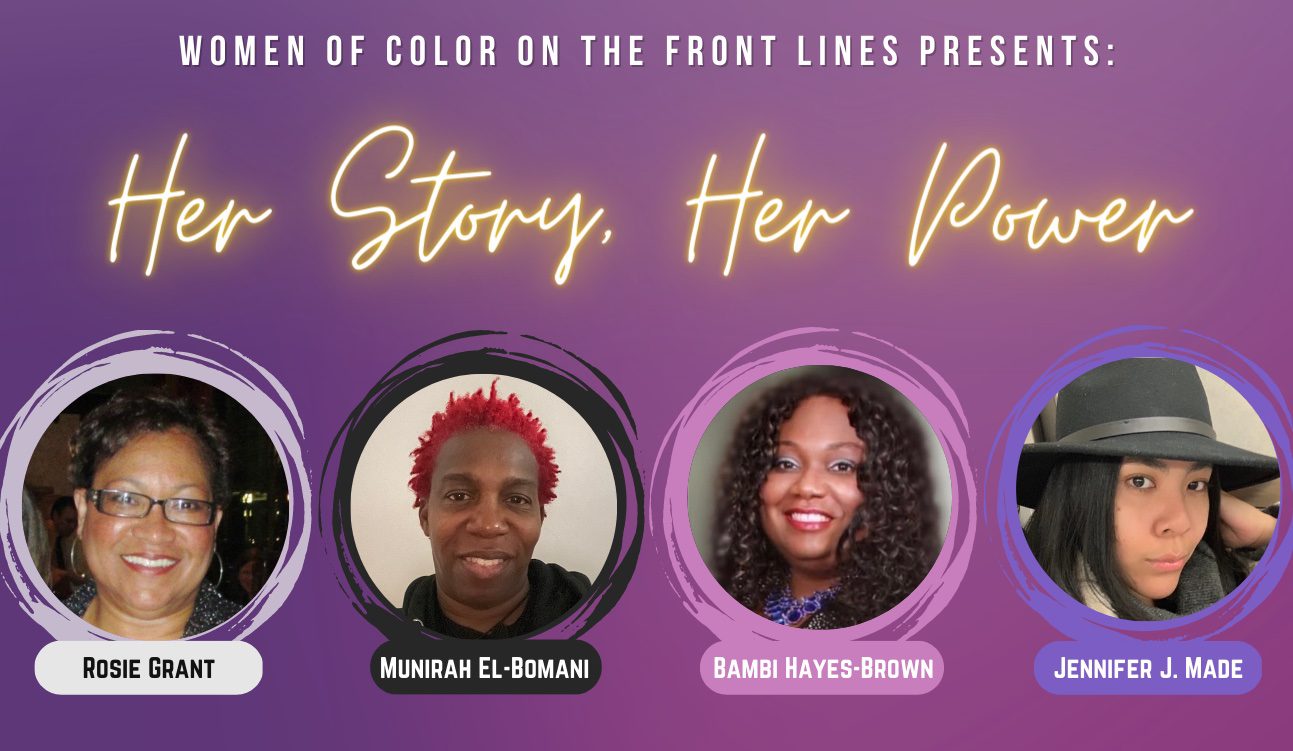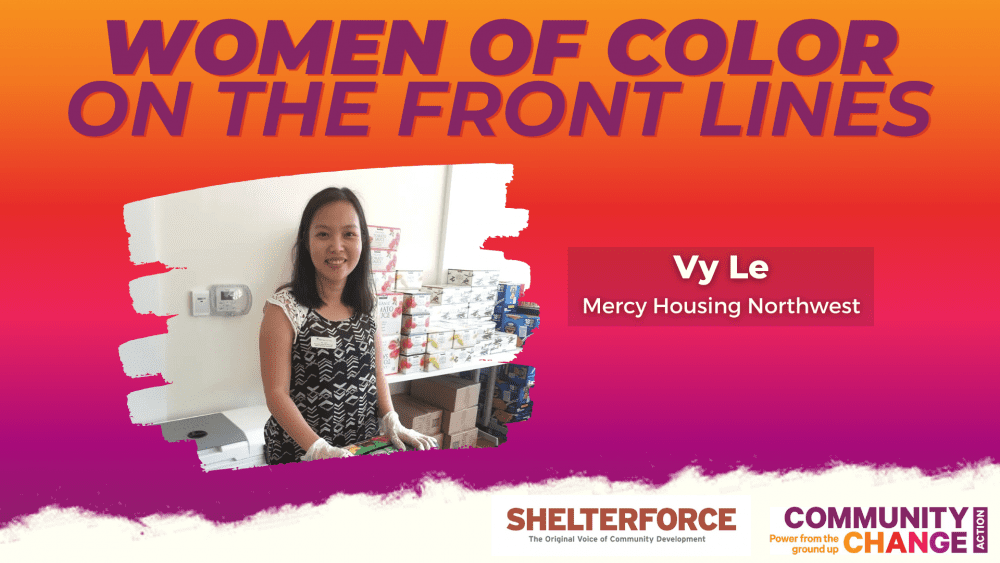“Isn’t it true, Dr. Squires, that you are an advocate?”
As an occasional expert for plaintiffs in fair housing lawsuits this is a question I almost always get during depositions. The implication, of course, is that as an advocate I am less knowledgeable, more biased, and less credible than the experienced, informed, and, most importantly, objective representatives of the defendant. Consequently, judges and juries should dismiss out of hand any input I might provide.
This is a widespread but rather peculiar framing of these issues.
I am a college professor, as are many experts in such proceedings. My financial self- interest is served primarily by writing articles and books for scholarly, refereed publications. To the extent that my work is viewed as biased or the posturing of an advocate I will be less likely to get my work published and any increase in my compensation from my university will be reduced as a result.
So while it might be the case that all of us have our subjective perspectives on various matters, my occupation demands that I at least strive for objectivity in my work. That is not the case for a defendant in a fair housing lawsuit. (Plaintiffs, of course, have a partisan interest but the reports produced by their experts are only of value if they grow out of their scholarly research and are of no value to them if they are viewed simply as advocacy.)
This question recently came up again when I was deposed as an expert for the plaintiff in an insurance discrimination case where an insurance company was accused of refusing to sell policies in a community, in part, because of the ethnic composition of the residents there. Attorneys for the insurer asked me if I was an advocate. I acknowledged that I am in favor of strong enforcement of fair housing and anti-discrimination rules and responded that I assumed this makes me no more of an advocate than anyone else in the room.
Then I pointed out that my hourly fee for my work on this case would not be affected at all by the outcome. On the other hand, I reminded my questioners, the insurer they represented had a major financial self-interest in the outcome and observed that, consequently, their client was the most biased participant in these proceedings and the one whose objectivity was in fact most in question. They were representing the advocate. They then changed the line of questioning.
Litigation is an adversarial procedure and it is to be expected that defendants and plaintiffs will strive to represent their interests. But the credibility of those who are motivated primarily to pursue objective social science research and who favor effective enforcement of fair housing rules should not be discounted or discredited in favor of those whose self -interest is primarily their financial self-interests.




Comments